Plan to publish and flourish
To flourish in research, publishing your research papers is one of the most important activities – if not the most important activity.
Publishing your research papers enables you to share your findings with the world, so that others can build on and leverage from them. Publishing also proves that you can drive research to completion, and this tends to bring opportunities that help you continue doing research. Things like invitations to present your research at conferences or to collaborate with others, as well as greater competitiveness in applications for scholarships, fellowships, jobs, prizes, promotions and grants.
Unfortunately, a measurable proportion of research effort is wasted because the research paper never gets written up or published. This not only stifles the career success of the people who did the research, it also wastes precious resources, such as the time, energy and money it cost to do that research.
In this 90-minute training, Prof. Amanda Salis will outline simple things you can do now to ensure that all the resources you invest in your research lead towards published research paper(s), thereby maximising your chances of flourishing in research.
Prof. Salis is a full-time researcher, funded by a National Health and Medical Research Council (NHMRC) fellowship from Australia. She has over 175 publications in peer-reviewed research journals, plus two full-length books for the general public. In addition to research and research dissemination, Prof. Salis parents her two children (now teenagers), and provides research training for researchers across Australia/New Zealand and other countries. Over the past 30 years in research, she’s learned a lot about doing high-quality research in a time-efficient way.
Training topics
This training will cover the following topics. They will show you how to plan your research and research paper(s) so that you are focussed and efficient in your path to publication success.
1. Enhancing the QUALITY of your papers
Enhancing the quality of your resultant publications by, for example…
- Analysing high-impact papers in your field to determine and possibly emulate their attributes
- Thinking deeply about and discussing your research plans extensively with others – supervisors/co-authors, colleagues, community representatives, friends, relatives – to help ensure you’re spending time on research that addresses critical gaps in knowledge
- Researching topics that are connected by a common theme, so your research builds on itself
This up-front planning will help you produce research papers that will have a strong impact in your field (e.g., through publication in high-impact journals, media attention, translation into practice, collaborations, etc), while also fitting within the constraints of your research environment (e.g., limited resources, specific scope of research activities or techniques).
- Strategically collaborating with others
- Producing relevant analyses of existing samples or data, as in a ‘freezer study’ or systematic review/meta-analysis
- Using a relational data base to keep track of tasks for papers you’re working towards getting published
- Recognising and saying No to research activities that do not advance your papers
- Implementing ideas for speed reading and storing literature so you can readily access it when you need to cite it in one of your papers
- Learning how to write research papers time-effectively (it’s a formula you can learn)
- Using templates for papers, adapted to your specific field
Who is this training for?
Anyone from any institution and research field who is new to research and feels unsure about where or how to start planning and preparing research papers for a strong publication track record. This includes Honours students and other undergraduates with a keen interest in a career involving research, higher degree research students (e.g., Masters and PhD students), postdoctoral researchers, and healthcare or other professionals who are new to research.
What you need at the training
- Access to a device that enables you to see and hear the training.
- An ergonomic space in which to type (e.g., to list the research papers in your publication pipeline).
- If joining the training live: a suitable space from which to participate in discussions (either by talking or by typing into the ‘chat box’ in the video meeting software, whichever you prefer).

